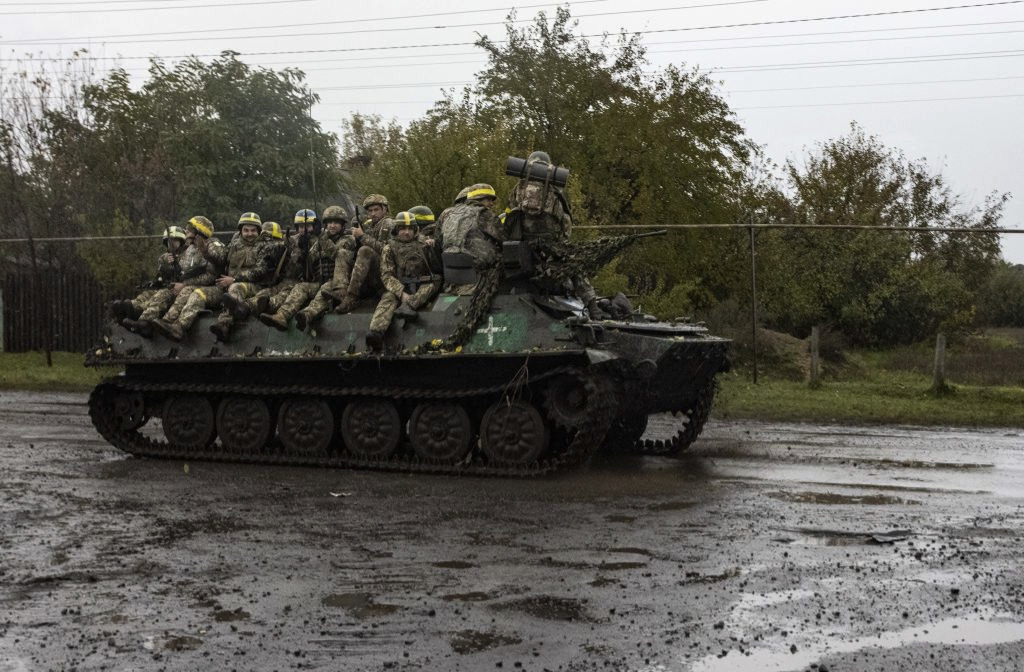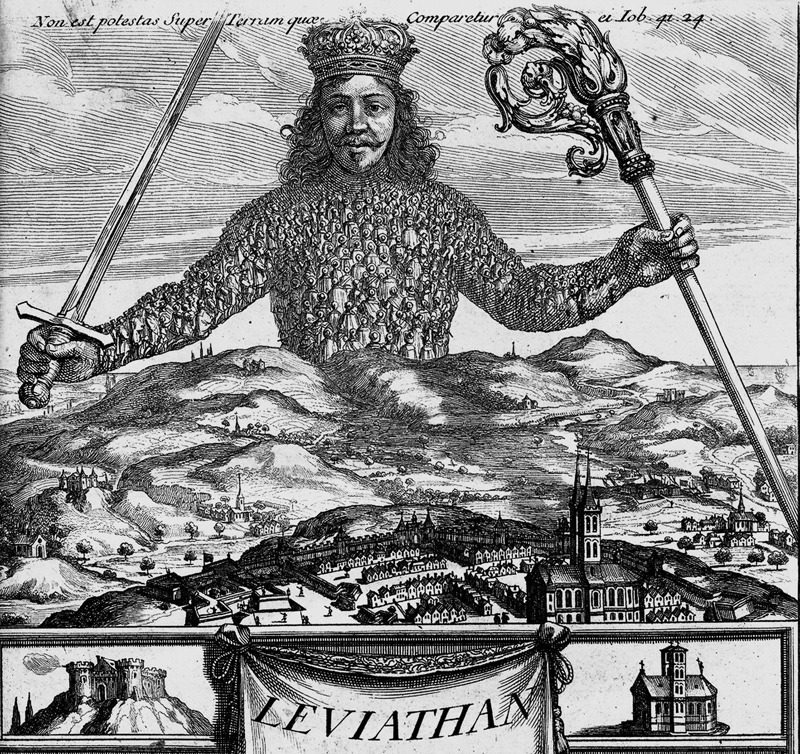In this mailing:
- Con Coughlin: Congress Must Increase its Support for Ukraine, Not Cut and Run
- Amir Taheri: Killing the Leviathan with a Thousand Cuts
by Con Coughlin • October 30, 2022 at 5:00 am
[R]educing American support for Kyiv -- as some American politicians are suggesting -- will not only constitute an unconscionable betrayal of the Ukrainian cause. It will encourage Putin, and allies such as Iran, to conduct further acts of territorial aggression. [I]t is, perhaps, inevitable that a degree of conflict fatigue has set in among some politicians. But with Ukraine still managing to inflict significant defeats against its Russian adversary, the Ukrainians require more support, not less, if they are to succeed in their goal of achieving a conclusive victory and liberating their country from Russian occupation. Kevin McCarthy, the Republican House minority leader, caused controversy earlier this month when he said that Republicans would not be prepared to write a "blank check" for Ukraine if they win control of the House at next month's midterm elections. McCarthy's words provoked a fierce response.... Ukrainian officials also expressed "shock" at his comments as only a few weeks ago, during a visit to Washington, they had received an assurance from McCarthy that "bipartisan support of Ukraine in its war with Russia will remain a top priority even if they win in the elections", said David Arakhamia, head of Ukrainian President Volodymyr Zelenksy's party in parliament. The prospect of a new "axis of evil" being formed between two rogue states such as Russia and Iran is certainly a prospect that should encourage Western leaders to harden their support for Ukraine, not back away from it. Any attempt by the US and its allies to appease the Kremlin over its unprovoked aggression towards Ukraine will simply encourage Moscow and Tehran in the belief that the Western powers lack the courage and resolve to resist their attempts to spread their malign influence across the globe.

Reducing US support for Kyiv -- as some American politicians are suggesting -- will not only constitute an unconscionable betrayal of the Ukrainian cause. It will encourage Putin, and allies such as Iran, to conduct further acts of territorial aggression. Pictured: Ukrainian soldiers on an armored personnel carrier near Borivske, Kharkiv region on October 23, 2022. (Photo by Yevhen Titov/AFP via Getty Images)
Russian President Vladimir Putin might be suffering a humiliating military defeat in Ukraine, but reducing American support for Kyiv -- as some American politicians are suggesting -- will not only constitute an unconscionable betrayal of the Ukrainian cause. It will encourage Putin, and allies such as Iran, to conduct further acts of territorial aggression. With the Ukraine conflict now in its eighth month, it is, perhaps, inevitable that a degree of conflict fatigue has set in among some politicians. But with Ukraine still managing to inflict significant defeats against its Russian adversary, the Ukrainians require more support, not less, if they are to succeed in their goal of achieving a conclusive victory and liberating their country from Russian occupation.
Continue Reading Article
by Amir Taheri • October 30, 2022 at 4:00 am
Ideology, whether religious or secular, has always been an enemy of the state. Often, the state believes that it is using ideology in its service.... In the USSR, Bolshevik ideology kept Russia and its captive nations out of normal human history for more than seven decades, with tragic consequences that still affect Russia and even the rest of the world. The democracies face challenges foreseen by Thomas Hobbes in his Leviathan: the emergence of small but powerful interest groups that use the power of state to further their narrow agendas. You have to be careful what celebrities, from TV presenters, press pundits and talk radio hosts to promoters of alternative lifestyles to Greta Thunberg or George Clooney, have to say. Behind the scenes, you have to listen to billionaires in blue-jeans and bankers in basketball shoes. As traditional political parties fade into ghosts, all of this means strengthening small but active groups at the expense of the state. The nation-state has already lost part of its power to transnational or international bodies such as the United Nations, NATO, the European Union, World Trade Organization and dozens of other bureaucracies hiding behind acronyms. At home what is called civil society runs its parallel show with hundreds, sometimes thousands of non-governmental groups, not to mention well-funded lobbies whose task is to kill the "Leviathan" with a thousand cuts, each getting a morsel of the cadaver. On average, the democratic state controls more than half of the gross domestic product and is thus transformed into a mechanism for redistribution, a kind of cash-machine in front of which one sees a long queue of interest groups waiting to insert their debit cards into the slot. A state could act rightly or wrongly, according to who judged the act, but it would always act as a state. Now, however, we have glaring examples of states going rogue and acting as vehicles for the fantasies of a leader. Judging by the Chinese Communist Party's 20th National Congress, China under Xi Jinping may become another example.

The democracies of the world face challenges foreseen by Thomas Hobbes in his Leviathan: the emergence of small but powerful interest groups that use the power of state to further their narrow agendas. Pictured: A section of the frontispiece of the book Leviathan; engraving by Abraham Bosse, from 1651. (Image source: Wikimedia Commons)
While political debate today is focused on the slow but steady disintegration of the so-called world order, the crises affecting the concept of statehood, the foundation of any world order, may not be receiving the attention it merits. Ever since it appeared in its early and vague contours, statehood as a concept has been challenged by a range of factors -- from paganism and its ritual to organized religion, ideology, despotic adventures, private financial power, and, more recently, globalization. Statehood had to overcome tribalism and adopt the broader concept of "the people" as foundation bloc. It then had to ward off a challenge by organized religion and develop the concept of citizenship. What emerged was a world of nation-states that could coexist, albeit not always in peace, within a world order based on international law.
Continue Reading Article
|
|
|
|



